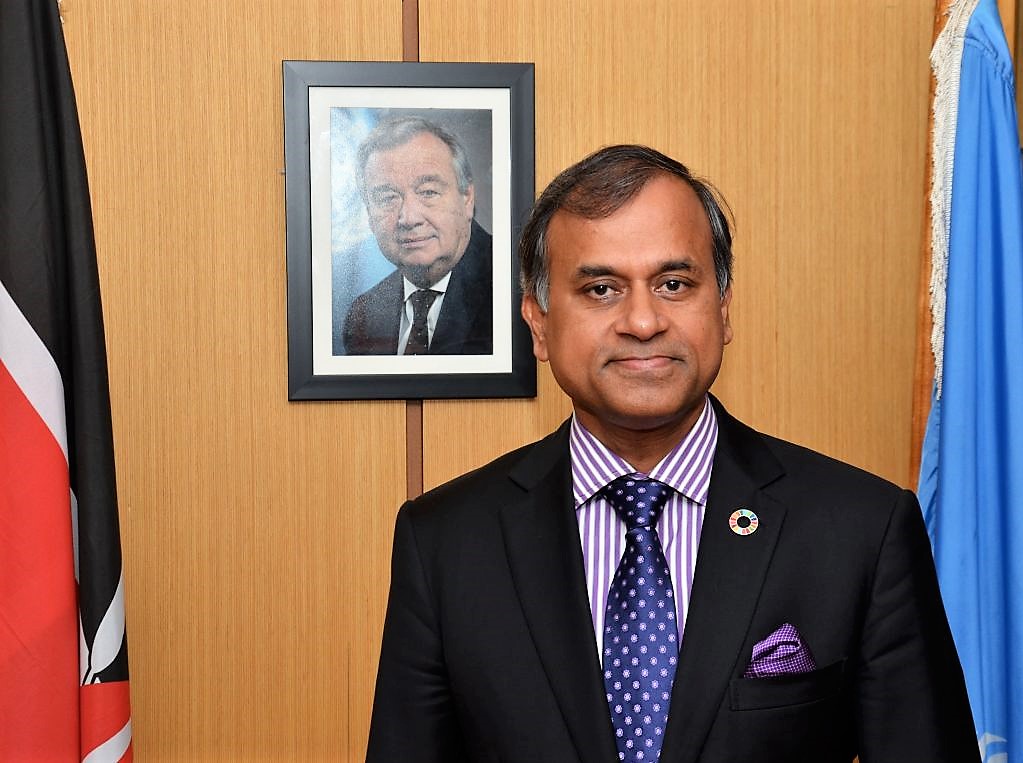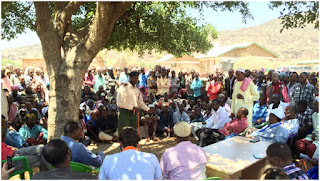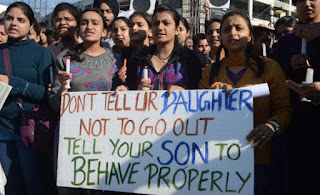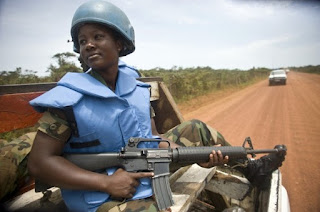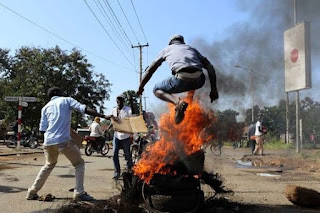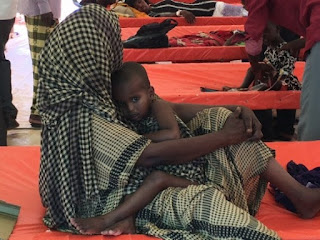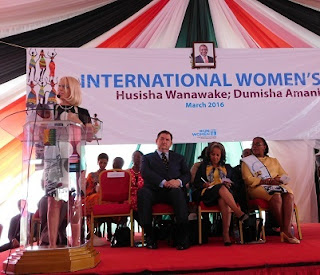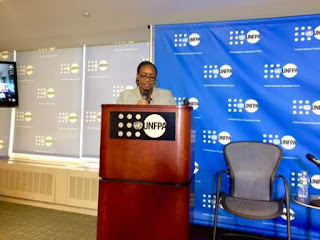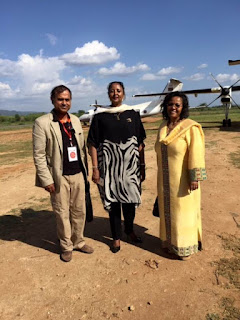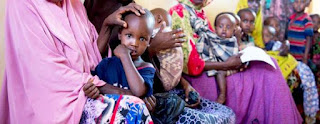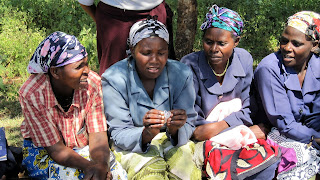Reuters: Kenya has made impressive gains under new constitution, but the hard work is just beginning.

On August 27 2016, Kenyans celebrated not just the promulgation of the new Constitution six years ago, but also the tangible gains made throughout the country. The 2010 Constitution heralded a new era of open and inclusive governance best epitomised by devolution, which is helping to bridge the development gap between rich and poor regions. This gap was first created by colonialists who zoned the country into high-potential and low-potential agricultural areas. The new Constitution must guide Kenya towards being seen as a beacon of hope for democratic values, good governance, rule of law and social inclusion for all of Africa. Towards this vision, the United Nations will remain a resolute partner of the Government and the people of Kenya. My take: http://news.trust.org/item/20160825180722-f31um/
